Tribute to Josep A. Planell, “much more than the anniversary celebration of a friend, mentor, colleague”
With these words Josep Samitier inaugurated last week the tribute event to Josep A. Planell, one of the founders and first director of IBEC, for a whole life dedicated to … Read more

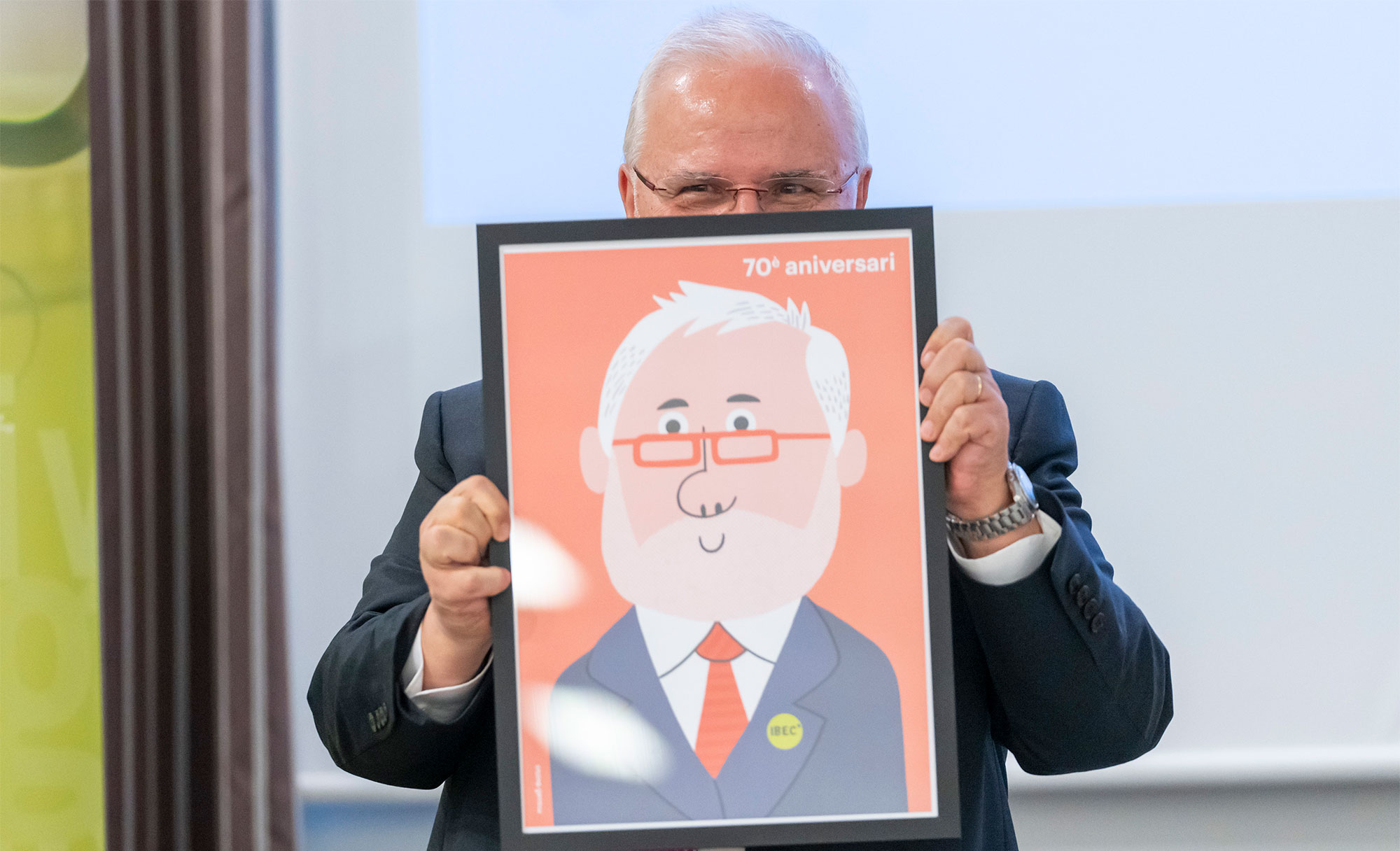
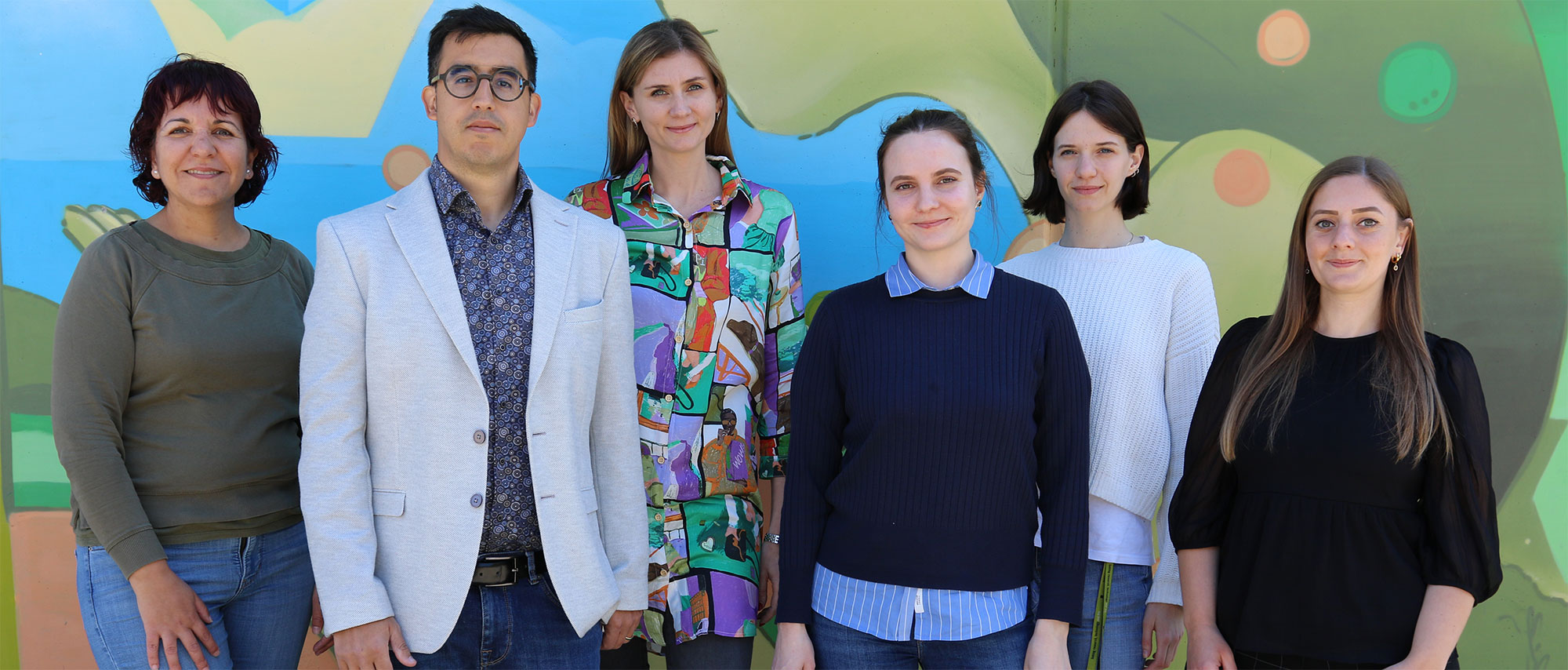

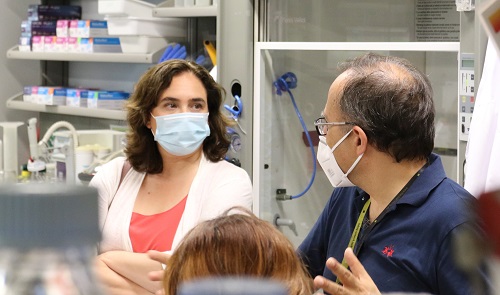
 The Mayor of Barcelona, Ada Colau, visited IBEC facilities last Friday to learn, by our Director and a group of researchers, how bioengineering can help find solutions to health problems such as COVID19, cancer, or degenerative diseases.
The Mayor of Barcelona, Ada Colau, visited IBEC facilities last Friday to learn, by our Director and a group of researchers, how bioengineering can help find solutions to health problems such as COVID19, cancer, or degenerative diseases.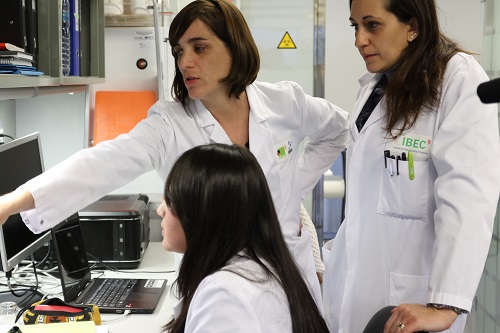
 IBEC researchers led by ICREA Research Professor Núria Montserrat, together with international collaborators, have identified a drug capable of blocking the effects of the SARS-Co-V2 virus, the origin of the Coronavirus 2019 disease.
IBEC researchers led by ICREA Research Professor Núria Montserrat, together with international collaborators, have identified a drug capable of blocking the effects of the SARS-Co-V2 virus, the origin of the Coronavirus 2019 disease.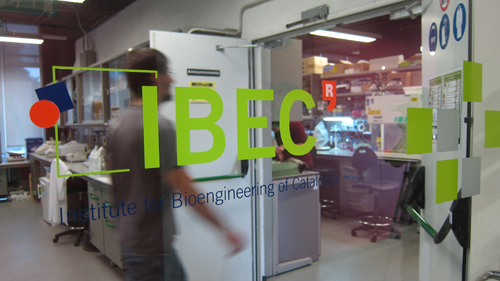
 IBEC appears on the catalan news on TV3, where they summarise the various Catalan initiatives to fight against Covid-19.
IBEC appears on the catalan news on TV3, where they summarise the various Catalan initiatives to fight against Covid-19.